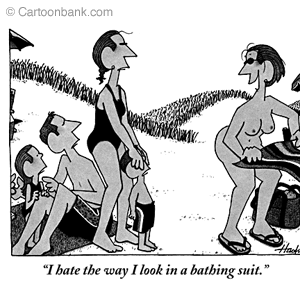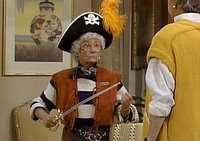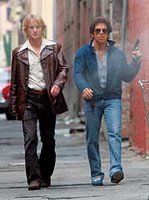casual text
The list of usual suspects that mzn gave in the comments to my last post (not, after all, a list that the article's author Stacy Schiff created, but one that she quotes and one that appears on Wikipedia on Wikipedia) is funny too, and part of the same running gag.
I like that the article is both an argument about Wikipedia and a history of encylopedias . . . Schiff achieves a nice balance.
But I didn't care for the following, "the site embodies our newly casual relationship to the truth." (38) Since when? In the good old days (was that before or after witchburnings?) we had a more formal relationship to truth? Who did? Given the fact that she sort of answers these questions, maybe I'm just objecting to a very annoying use of "our" . . .
And is it at all true that Wikipedia "content must be both verifiable and previously published?" (39) I guess I mean, is it true that Wikipedia content is previously published? Schiff should have followed up on this, at least a via some offhand lists, because it actually seems to be at the heart of the "alma-matricidal" (39) theme. If Wikipedia is a "vanity press" (40) and attracts so many academics as writers, etc (which seems to the evidence of the profiles she includes) then it might actually be constructed out of a lot of info that's NOT published anywhere else; like in climate change example.
This might be the right opportunity to mention that I did not put the link to this blog on The New Yorker's Wikipedia entry. I don't even know who did. But thanks.
I also read "Holy Toledo" and parts (yes, anonymous Matt, just odd bits, as my attention came and went and the magazine sat on the coffee table) of "Castro's Last Battle" and "The Lobsterman" . . .
As for "the media poetry of the cocaine era" I just don't know what to say. Only this, Denby uses the word "landlubber" - does this make Tubbs and Crockett pirates?
Categories: newyorker, denby, surprise/startle














